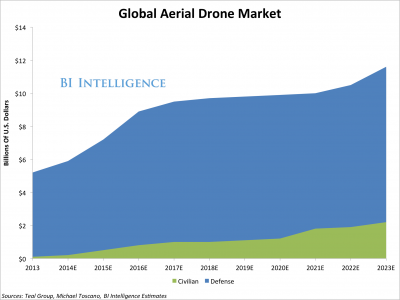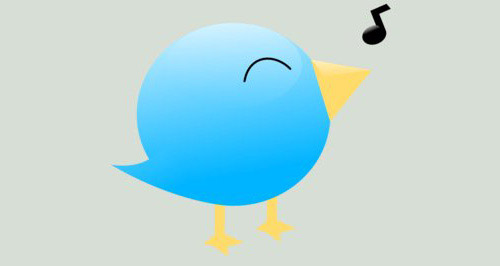eSports Racking Up Billions of Viewer Hours – and Dollars
So your 13-year old son is seemingly spending every waking moment hunched over his Xbox, PS Vita, phone, tablet or (doubtful but some pre-teens and teens still use ‘em) laptop playing one endless video game after another. You’ve morphed into an avatar from his perspective; the video games have become his real world.
What do you do?
Well, if he’s really good, let him play on. eSports has finally reached critical mass and has become a multi-billion dollar business, notes market research firm SuperData Research.
Note the following from a trends brief the company put out last April:
• More than 71 million worldwide watch competitive gaming. In fact, about 14.9 million people tuned in to the 2013 World Series; last year 32 million watched the League of Legends Season 3 World Championship – more than double the audience for our so-called ‘national pastime’!
• The average eSports viewer watches 19 times a month; average session is more than two hours;
• eSports is becoming a revenue driver and marketing vehicle for online game publishers and major brands; former like Riot Games, Wargaming and Valve; examples of latter include Coca-Cola and Intel;
• The International 2013: Dota 2 prize pool was more than $2.8 million; total prize money from all prize pools last year was about $25 million.
As reported by CBS News, companies like Amazon also see such potential in eSports that it paid almost $1 billion for Twitch, a social network that allows users to watch/stream video games live.
“Like sports, you want to watch it live,” said Twitch COO Kevin Lin. “You want to be there when something interesting happens. You want to be there for that moment and share it as a communal experience. It’s very much like being in a crowd, only digitally.”
St. Louis-based Clix, a digital marketing agency, added that even the U.S. government and academic institutions are getting onboard:
“Professional gamers from around the world are being granted work visas similar to professional athletes to compete on American soil; even Robert Morris University (Chicago) has fielded a varsity team to compete in competitions for thousands of dollars in scholarship winnings.”
Market research firm IHS Technology projects consumers will not only spend 6.6 billion hours watching competitive gaming by 2018 (up from 1.3 billion in 2013), but video of eSports will be worth major ka-ching too – about $300 million by 2018.
Michael O’Dell, eSports manager for Team Dignitas, said that live streaming services have been a major factor in the dramatic growth of eSports.
“Twitch especially has made it easy to tune in, with its multi-platform accessibility and low barriers to entry for users on both sides of the streaming spectrum,” said O’Dell.
And Anthony Cornish, marketing director for The Pokémon Company, told MCV (a trade news/community site for professionals working within the UK and international video games market), that the social aspects of streaming will accelerate the industry’s growth.
“The fan communities surrounding all games have been galvanized by social media and online play,” said Cornish. “Larger competitive gaming events are also drawing crowds that fill arenas and capturing online views that rival cable show audiences. Competitive gaming has mass appeal and isn’t as niche as many think.”
To wit, at Valve’s Data 2: The International tournament, more than 10,000 gaming aficionados at sold-out Key Arena in Seattle watched team Newbee rout Vici Gaming three games to one (best of five format). The take: just over $5 million of the more than $10 million in prize money.
So if Junior’s a whiz at League of Legends, Dota 2 and Starcraft II, and is only pulling a high C in algebra, cut him some slack. Those flyin’ fingers and that dazzling hand/eye coordination just might yield large dividends someday.





